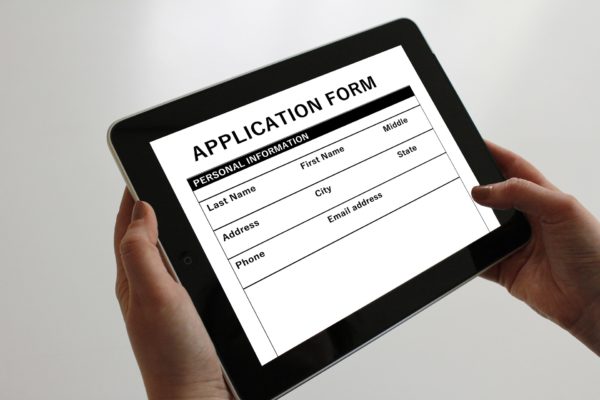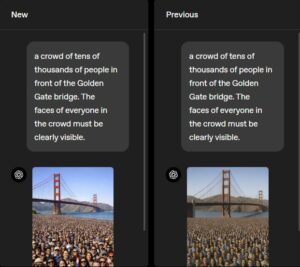
The next time you want to open a new bank account, sign up for a loan or apply for a credit card in Singapore, you may not need to key in those boring details like NRIC number and submit documents online to verify your income.
If your bank is United Overseas Bank, Development Bank of Singapore, Oversea-Chinese Banking Corporation or Standard Chartered Bank, you can simply send the data over via the government’s MyInfo service.
The service is a repository of citizens’ digital data, which is now being connected to private sector organisations like banks to enable a smoother online experience for users.
Unveiled last year, MyInfo has already enabled government services such as the balloting of public housing units, so citizens do not have to key in the same information when dealing with various agencies.
Yesterday, the four participating banks became the first in the private sector to join in the government’s efforts to make digital services easier to use in Singapore.
This is a big deal because it is not easy to get banks to come together, given their traditional rivalry and insistence on their own customer branding.
Just look at the online banking token that each has kept to, even though there is already a nationwide one that they could have adopted as a common one to avoid clutter.
The onus, however, is now on the government to safeguard the personal data securely. Just like banks, it has to make sure that there are similarly stringent measures to ensure the information is not easily stolen or leaked.
While banks have been under strict industry regulations for years, many government agencies have only more recently embraced two-factor authentication (2FA) after a high-profile theft of personal information in 2014.







kredi